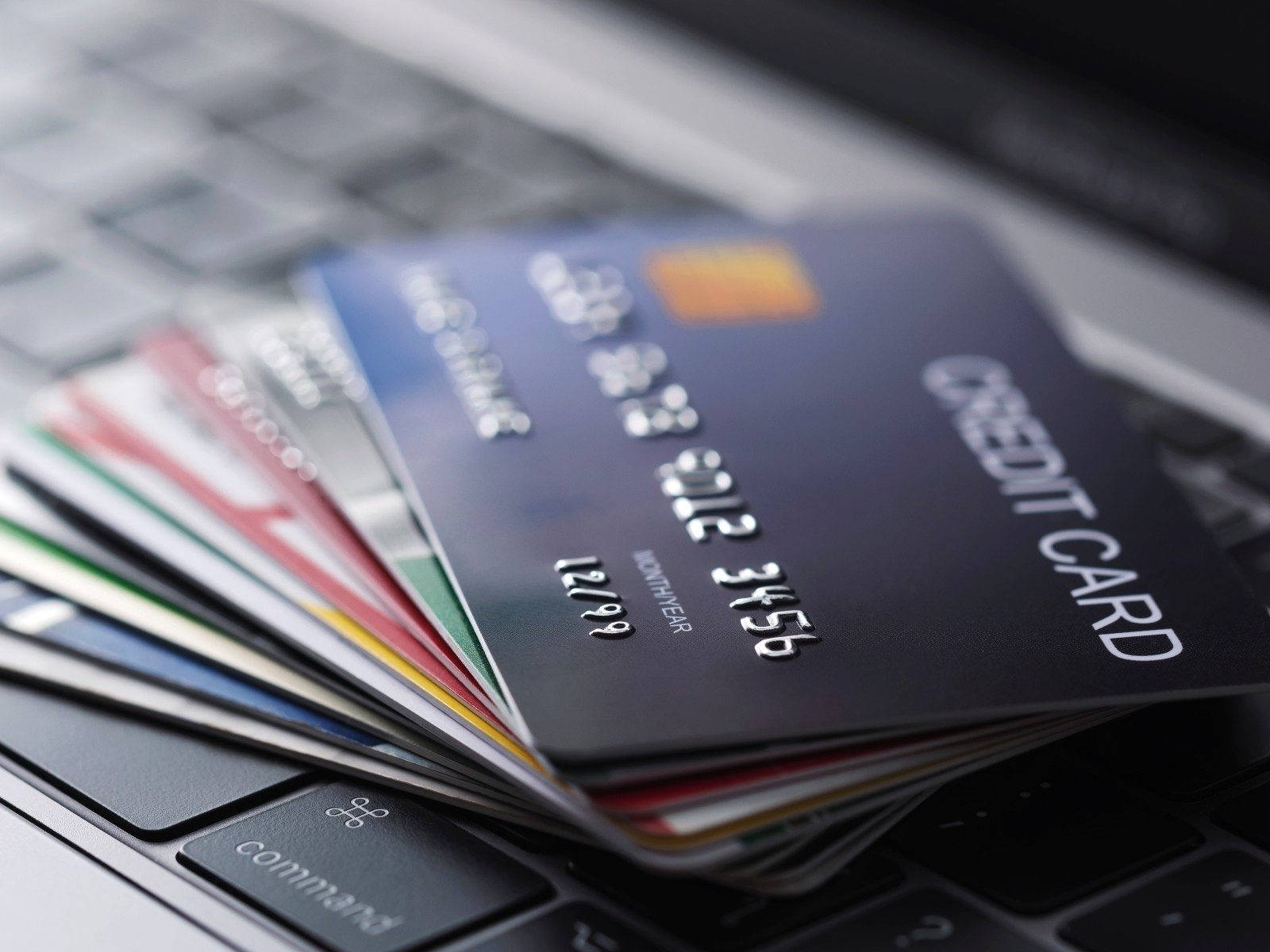TOP 10 TIPS FOR USING CREDIT CARDS WISELY
Introduction:
Mastering the art of using credit cards wisely is crucial for maintaining financial health. This ultimate guide presents the top 10 expert tips to help you navigate the world of credit cards responsibly and maximize their benefits while avoiding common pitfalls.
1. Understand Your Credit Card Terms:
Before swiping your card, familiarize yourself with the terms and conditions, including interest rates, fees, and reward programs. Knowing these details can help you make informed decisions and avoid unexpected charges.
2. Pay Your Balance in Full Every Month:
Avoid costly interest charges by paying off your credit card balance in full each month. This not only saves you money but also helps build a positive credit history, leading to better financial opportunities in the future.
3. Monitor Your Spending:
Keep track of your credit card spending to stay within your budget and avoid overspending. Consider using budgeting apps or setting up alerts for large transactions to stay on top of your finances.
4. Use Credit Wisely:
While credit cards offer convenience, avoid using them for impulse purchases or non-essential items. Instead, use credit responsibly for planned expenses and emergencies, ensuring you can afford to repay the borrowed amount.
5. Pay on Time, Every Time:
Late payments can damage your credit score and result in costly fees. Make it a priority to pay your credit card bill on time each month, setting up automatic payments or reminders to avoid missing deadlines.
6. Keep Your Credit Utilization Low:
Maintain a low credit utilization ratio by keeping your credit card balances well below your credit limit. Aim to use no more than 30% of your available credit to demonstrate responsible credit usage to lenders.
7. Avoid Cash Advances:
Cash advances often come with high fees and interest rates, making them an expensive way to borrow money. Whenever possible, avoid taking cash advances and opt for other forms of financing.
8. Review Your Statements Regularly:
Regularly review your credit card statements for errors or unauthorized charges. Reporting any discrepancies promptly can help protect you from fraud and ensure the accuracy of your financial records.
9. Be Mindful of Credit Inquiries:
Limit the number of credit card applications you submit to avoid excessive credit inquiries, which can temporarily lower your credit score. Only apply for new cards when necessary and research potential offers beforehand.
10. Plan for the Future:
As you build credit and gain financial stability, consider your long-term goals and how credit cards fit into your overall financial plan. Strategically managing your credit can open doors to better loan rates, rewards, and financial opportunities.
Conclusion:
With these top 10 tips for using credit cards responsibly, you can navigate the world of credit with confidence and make the most of your financial resources. By understanding credit card terms, paying balances in full, and practicing responsible spending habits, you can unlock the benefits of credit cards while avoiding common pitfalls.
Additional Tips for Credit Card Users:
Beyond the essential tips outlined above, there are several additional strategies you can employ to optimize your credit card usage and maximize its benefits. Consider implementing the following practices to further enhance your financial well-being:
11. Take Advantage of Rewards Programs:
Many credit cards offer rewards programs that allow you to earn points, miles, or cashback on your purchases. Take full advantage of these programs by selecting a card that aligns with your spending habits and maximizing your rewards earnings.
12. Utilize Introductory Offers Wisely:
Introductory offers, such as 0% APR periods or bonus rewards, can provide valuable benefits to cardholders. However, be sure to understand the terms and conditions associated with these offers and use them wisely to avoid unintended consequences.
13. Manage Multiple Cards Effectively:
If you have multiple credit cards, develop a strategy for managing them effectively. Consider consolidating balances onto a single card with a lower interest rate or transferring balances to take advantage of promotional offers.
14. Negotiate with Your Credit Card Issuer:
Don’t hesitate to negotiate with your credit card issuer if you encounter financial difficulties or need assistance. Many issuers are willing to work with cardholders to adjust payment terms, reduce interest rates, or waive fees under certain circumstances.
15. Protect Your Personal Information:
Safeguard your personal and financial information to prevent identity theft and fraud. Be cautious when sharing sensitive information online or over the phone and regularly monitor your credit report for signs of unauthorized activity.
16. Consider Credit-Building Options:
If you’re working to establish or rebuild your credit, explore credit-building options such as secured credit cards or credit builder loans. These tools can help you demonstrate responsible credit usage and improve your creditworthiness over time.
17. Seek Financial Education and Resources:
Invest in your financial literacy by seeking out educational resources and guidance on credit management. Take advantage of online courses, workshops, or counseling services to deepen your understanding of credit and personal finance.
18. Review Your Credit Regularly:
Monitor your credit report regularly to track your credit score and identify any discrepancies or areas for improvement. Reviewing your credit report can help you identify potential errors or fraudulent activity and take corrective action as needed.
19. Prepare for Life Changes:
Anticipate major life changes, such as job loss, relocation, or medical expenses, and plan accordingly to minimize their impact on your finances. Building an emergency fund and maintaining a strong credit history can provide a financial safety net during challenging times.
20. Stay Committed to Financial Responsibility:
Above all, remain committed to practicing responsible financial habits and making informed decisions about your credit usage. By staying disciplined, proactive, and informed, you can achieve your financial goals and enjoy the benefits of credit card ownership for years to come.
Conclusion:
With these additional tips for credit card users, you can further enhance your financial well-being and make the most of your credit cards. By incorporating these strategies into your financial management routine, you can navigate the complexities of credit with confidence and achieve long-term financial success.

Resources
- https://www.nationwide.com/lc/resources/personal-finance/articles/guide-to-using-credit-card
- https://www.bajajfinserv.in/how-to-use-credit-card-wisely
- https://cred.club/credit-card-bill-payment-online/articles/9-tips-on-how-to-use-credit-card-wi
- https://www.forbes.com/advisor/in/credit-card/how-to-use-a-credit-card/






